There’s an old saying, “Better to be alone than in bad company.” However, when drugs are involved, being alone can be just as bad. Isolation feeds the addiction. You retreat when your family and friends voice their concerns about your drug or drinking habits. You feel that your loved ones are the problem, not alcohol or drugs. You become your worst enemy and you didn’t even realize. When you go to drug rehab, you learn that isolation is dangerous in recovery. You are at risk of sabotaging your own sobriety. Isolation can cause you to have narrow-minded, black-and-white thinking. This mindset is a staple in active addiction. Things are either smooth or easy during recovery or a total loss; there is no in between. Isolation fuels the addiction part of your brain. The part of your brain that tells you that everyone else’s opinions and concerns are wrong and that you should ignore other people’s concerns and the help they offer. This part of your brain gives you a skewed, selfish view of your situation. Your mind will breed negativity, feelings of rejection and resentment. This is a stealthy part of your brain, because it sneaks in unnoticed but causes destruction. This can be a slippery slope because emotional triggers can be brought on by isolation. Don’t isolate yourself. Relying on others to help you and motivate you is not a sign of weakness. You gain strength in numbers. Who helped you out of the trap of isolation? Share with us below or on our Facebook page and give thanks to those who help you out.
Related Posts
-
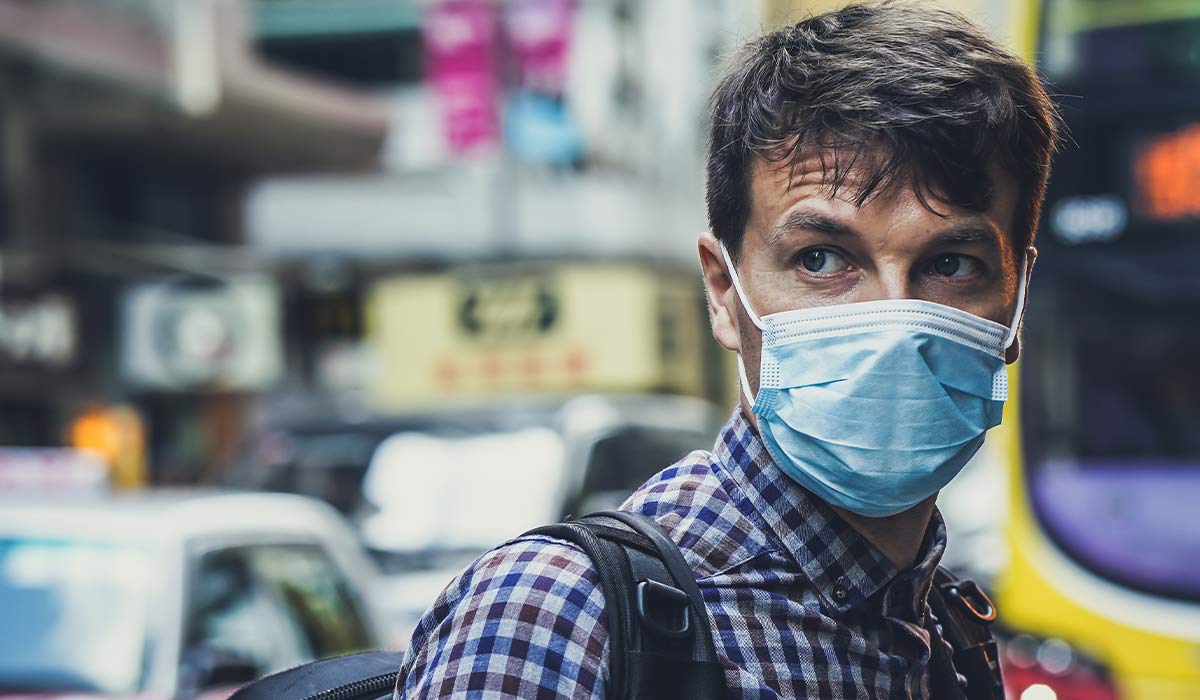
Addiction Increases Chances to Contract Coronavirus
-

Addiction: The Population I Never Knew I Wanted to Work With
-
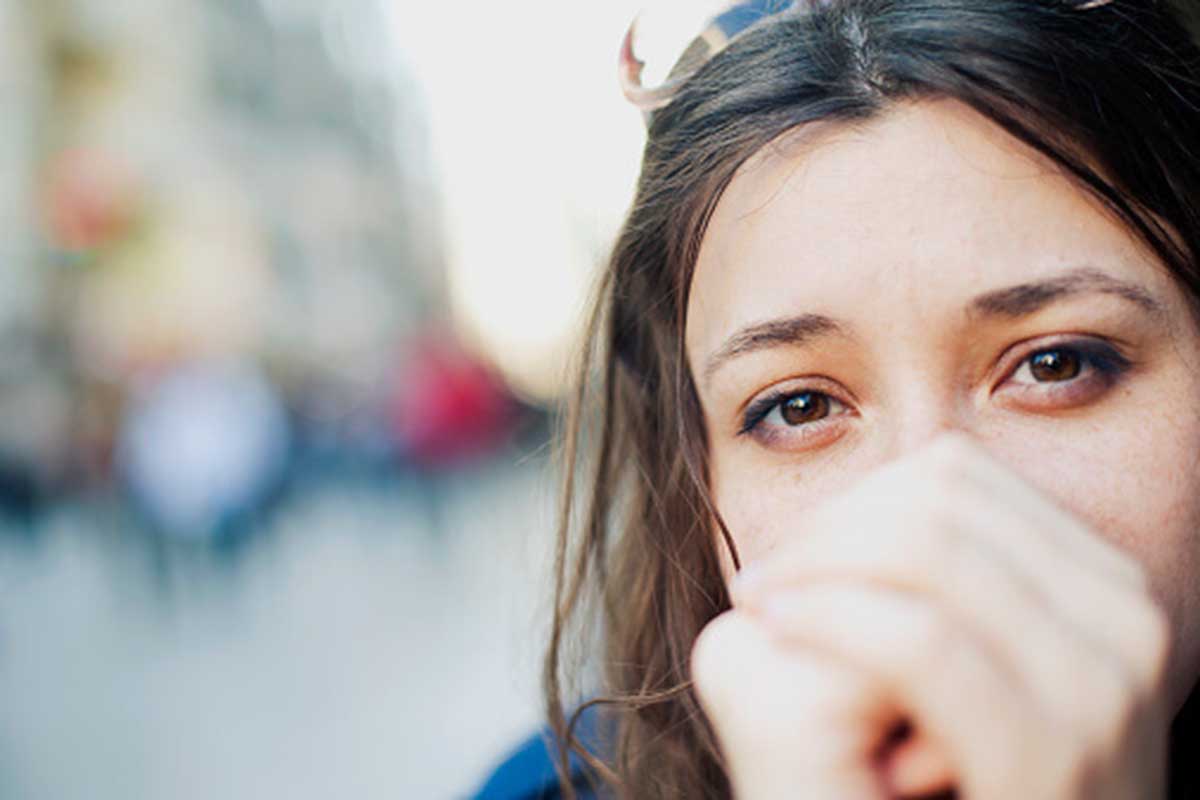
What is Addiction?
-
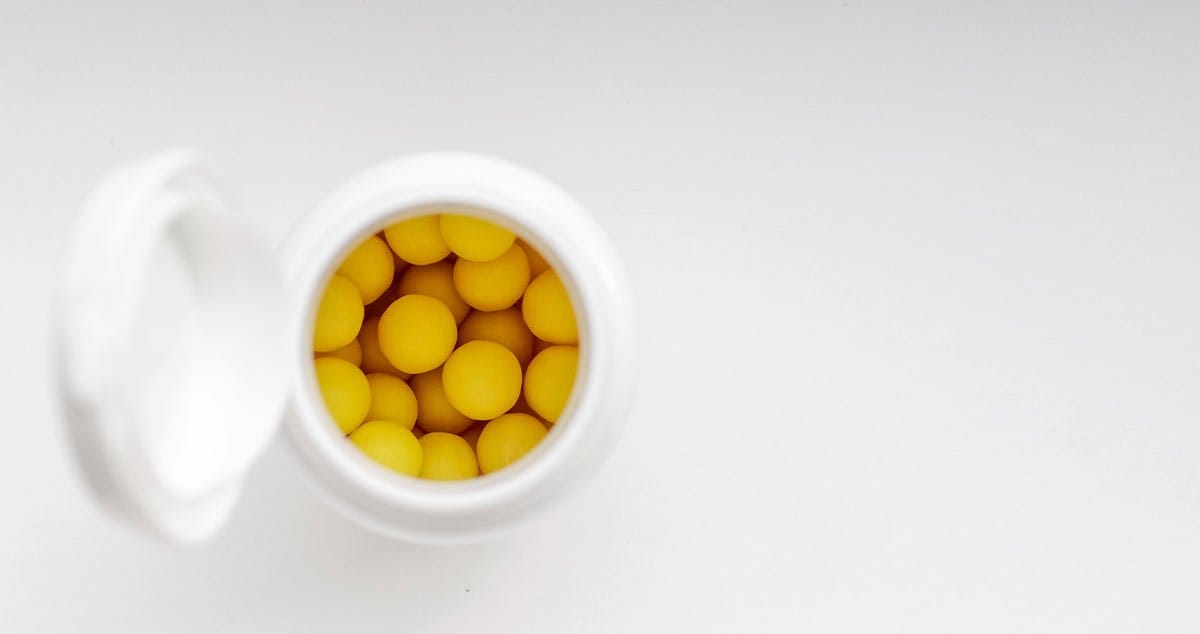
Is Suboxone Just As Addictive As Heroin?
-
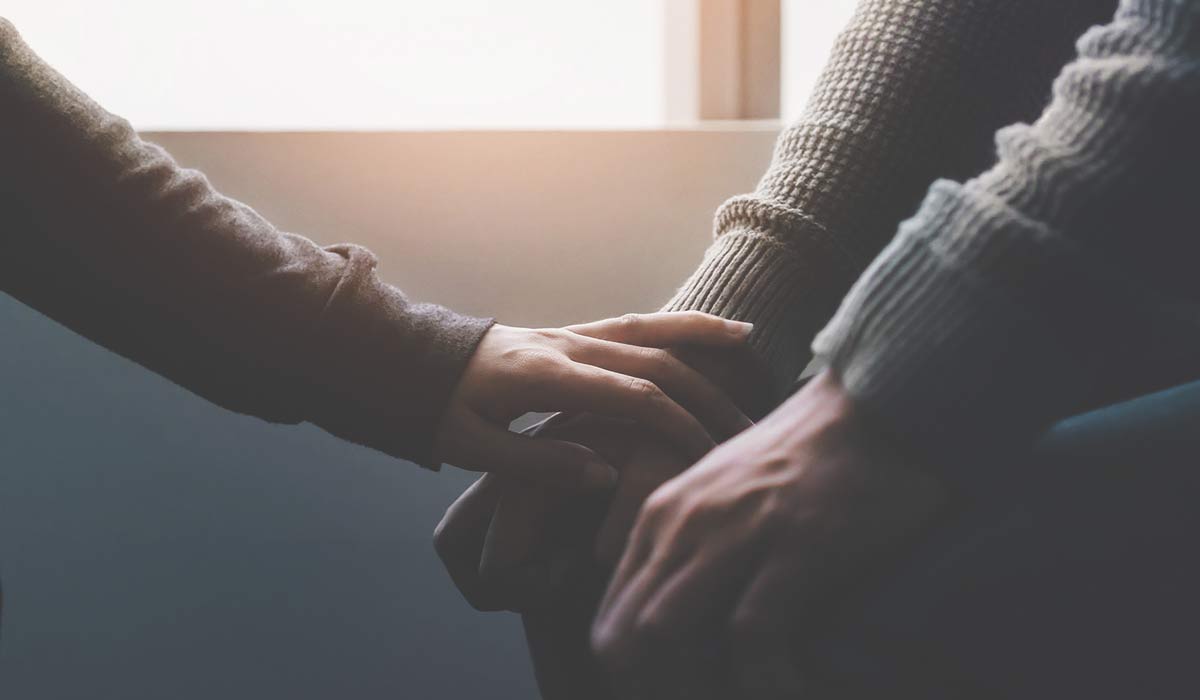
How Can I Help Someone Who Is Going Through Withdrawal?
-
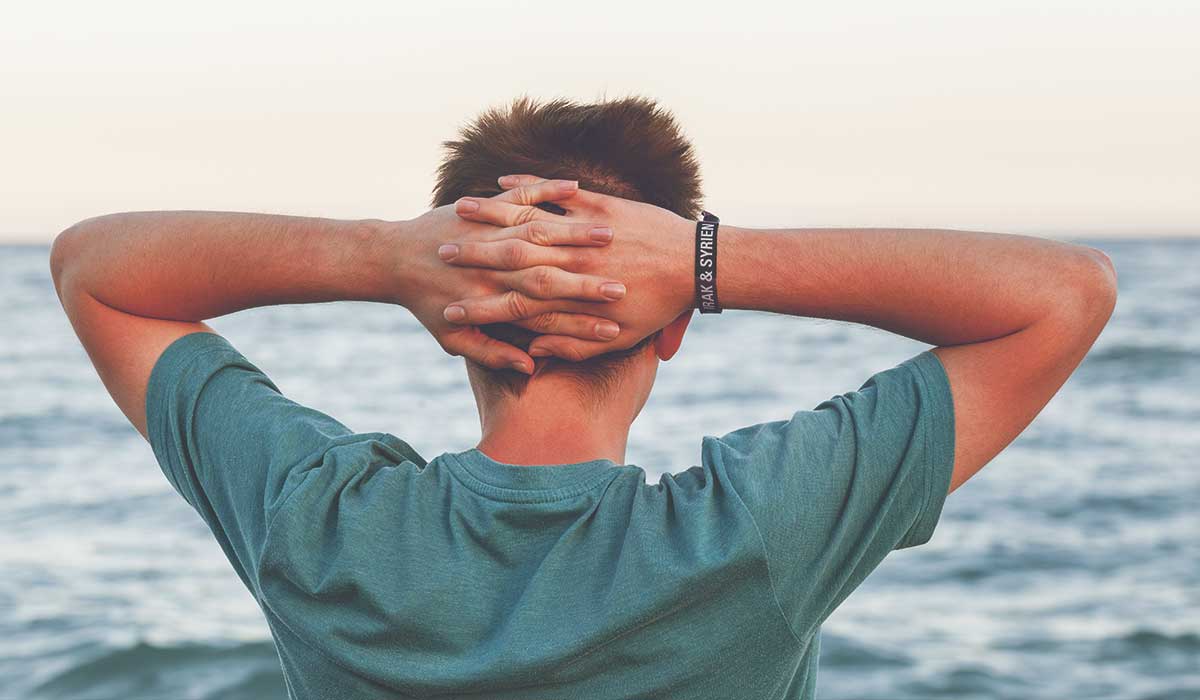
How Can You Tell If Someone Has Relapsed On Drugs?
-
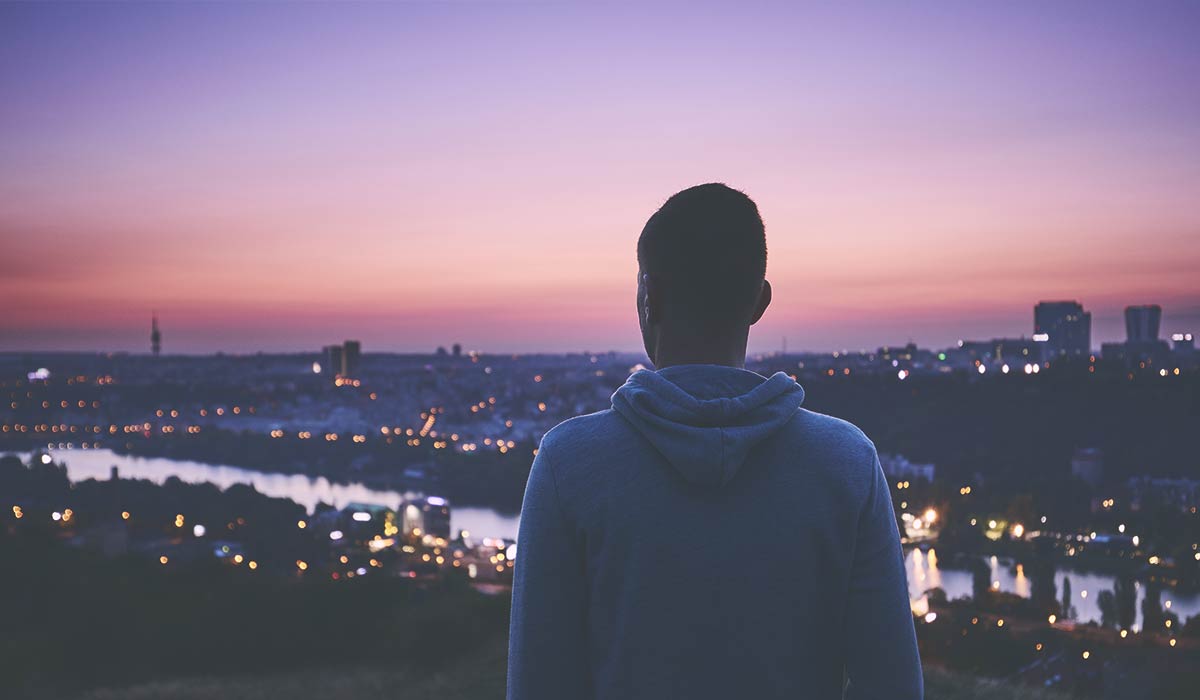
How Fast Can You Get Addicted To Heroin?
-

How do you stop the craving for alcohol?
-
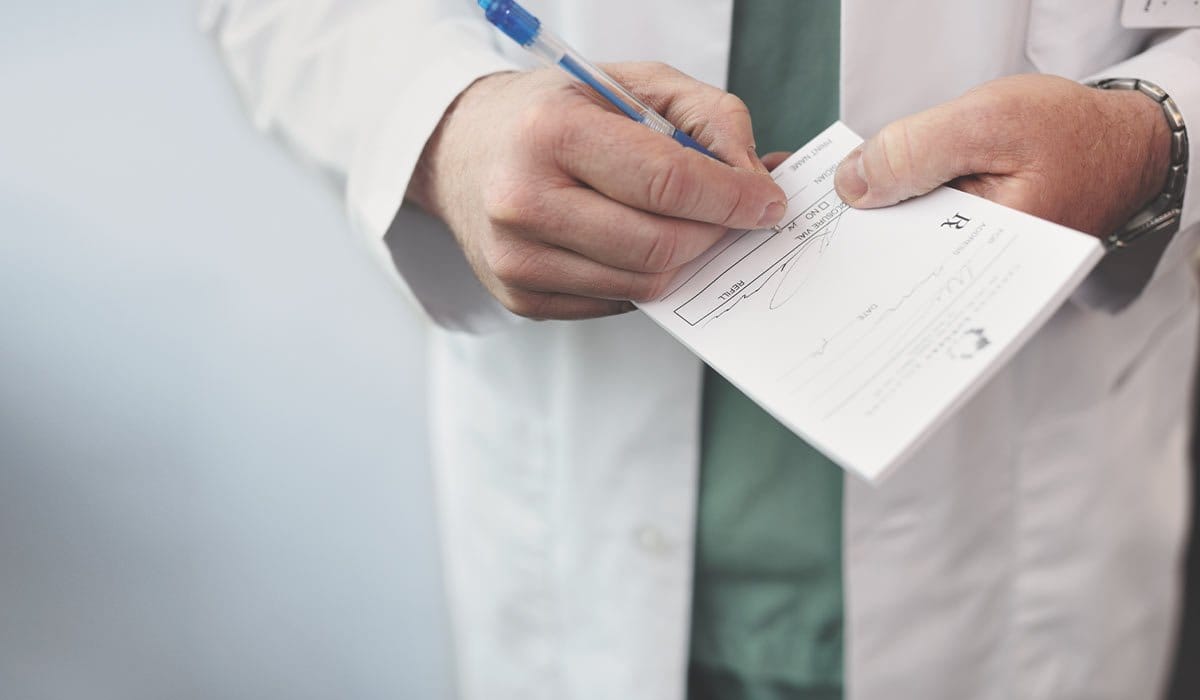
How Do You Get Addicted to Prescription Drugs?
-
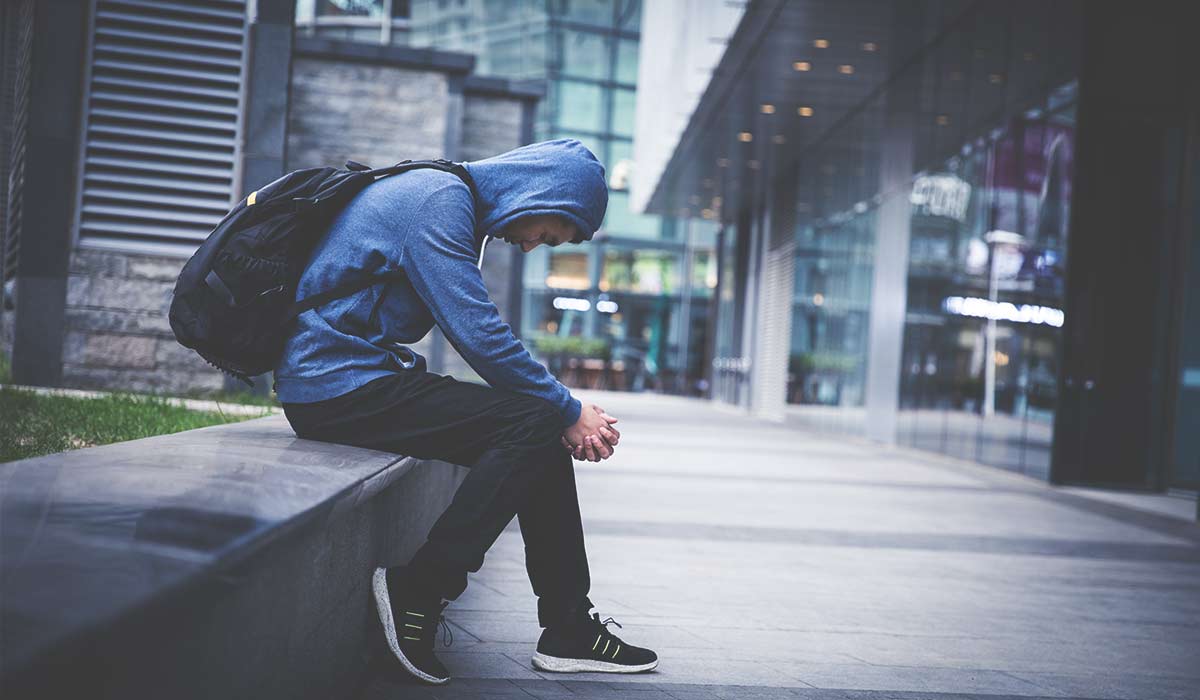
How Can You Tell if Someone is Abusing Drugs?